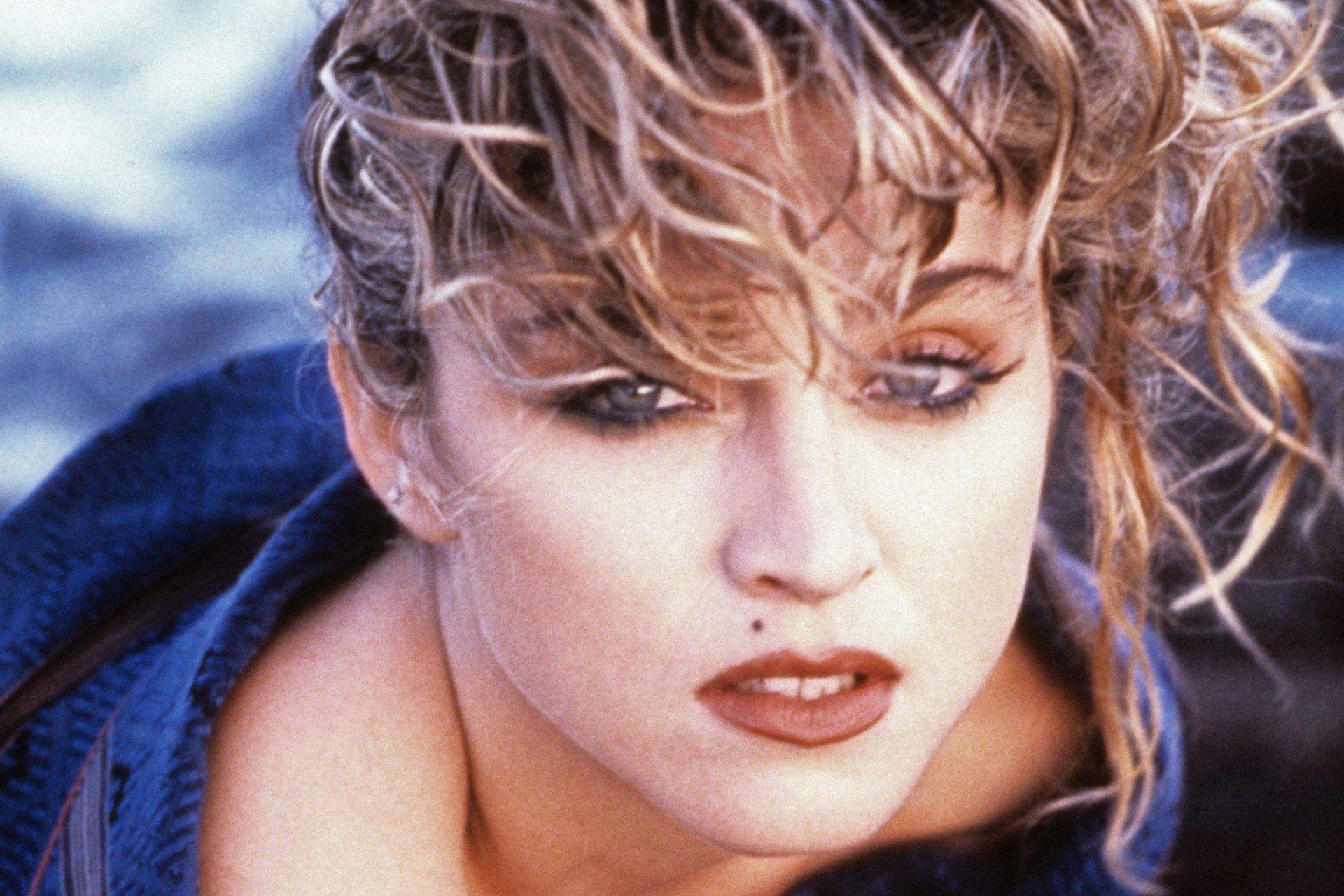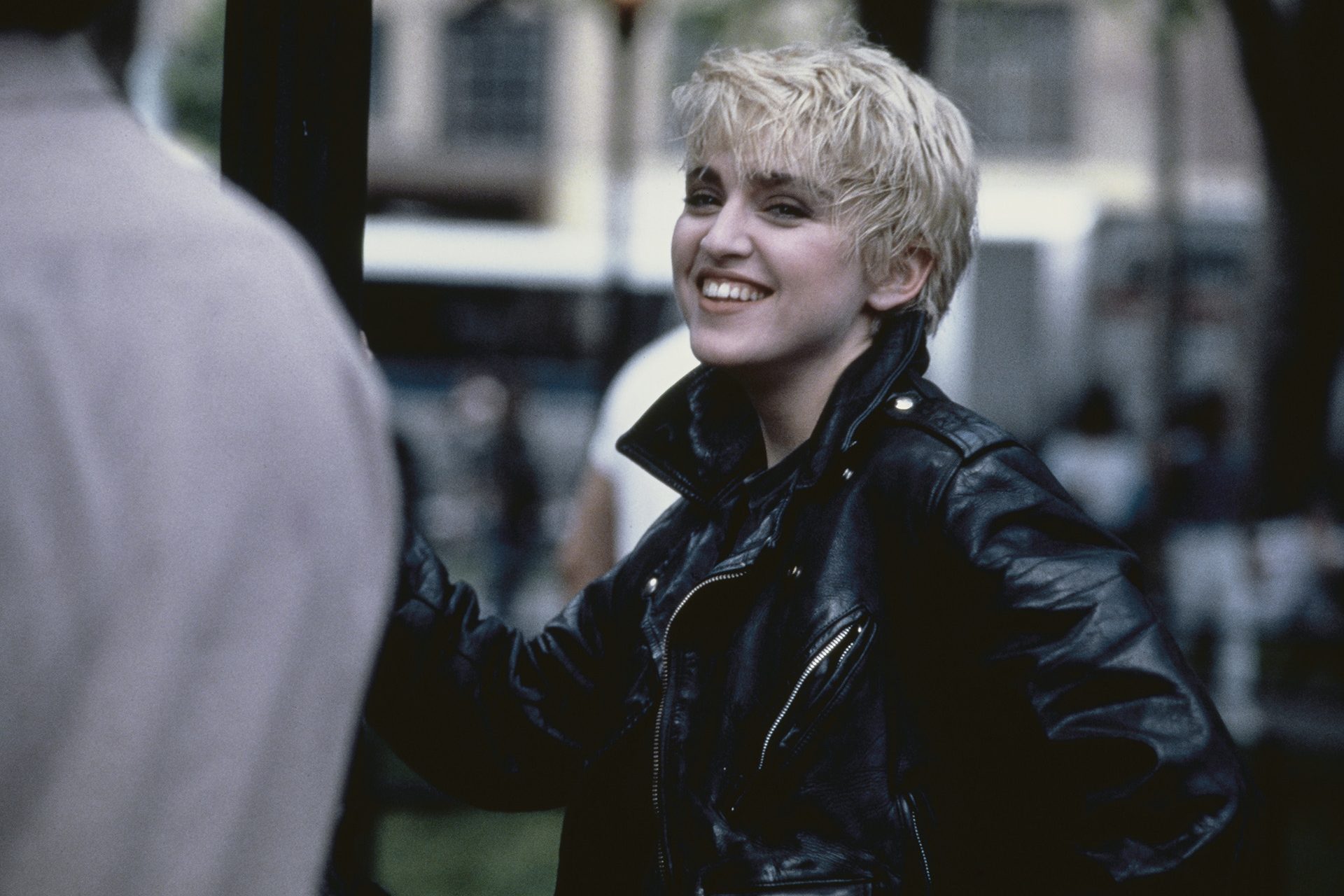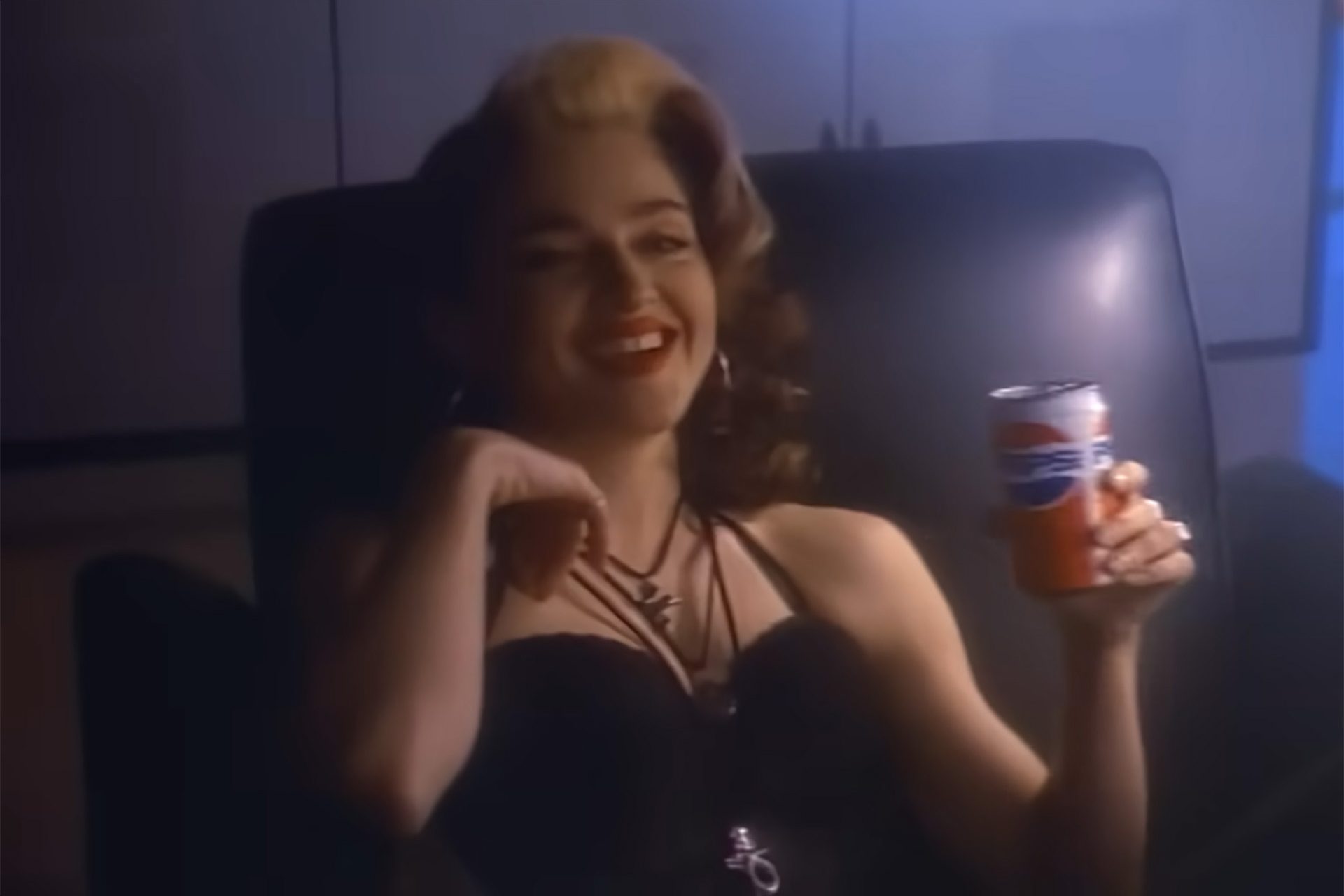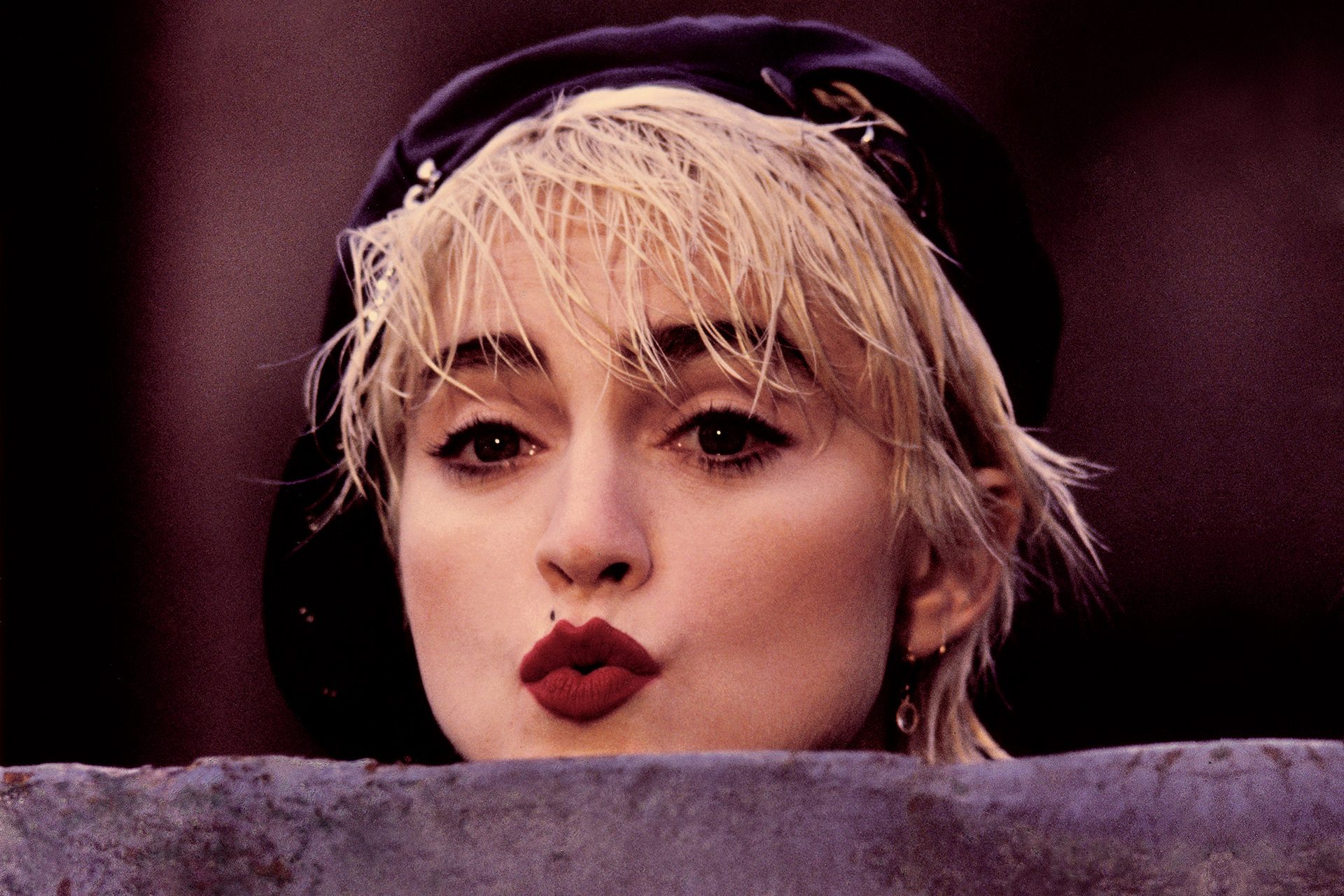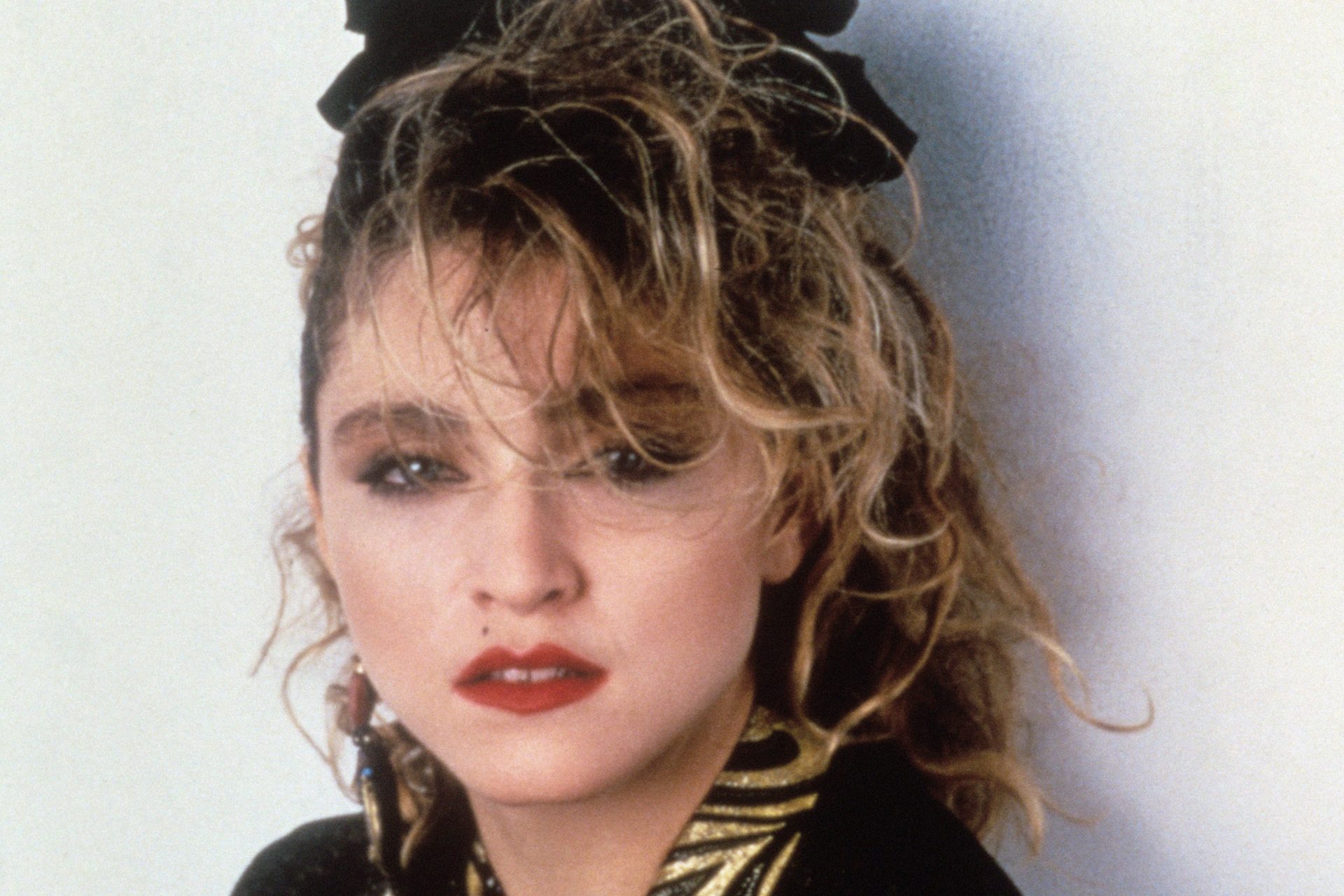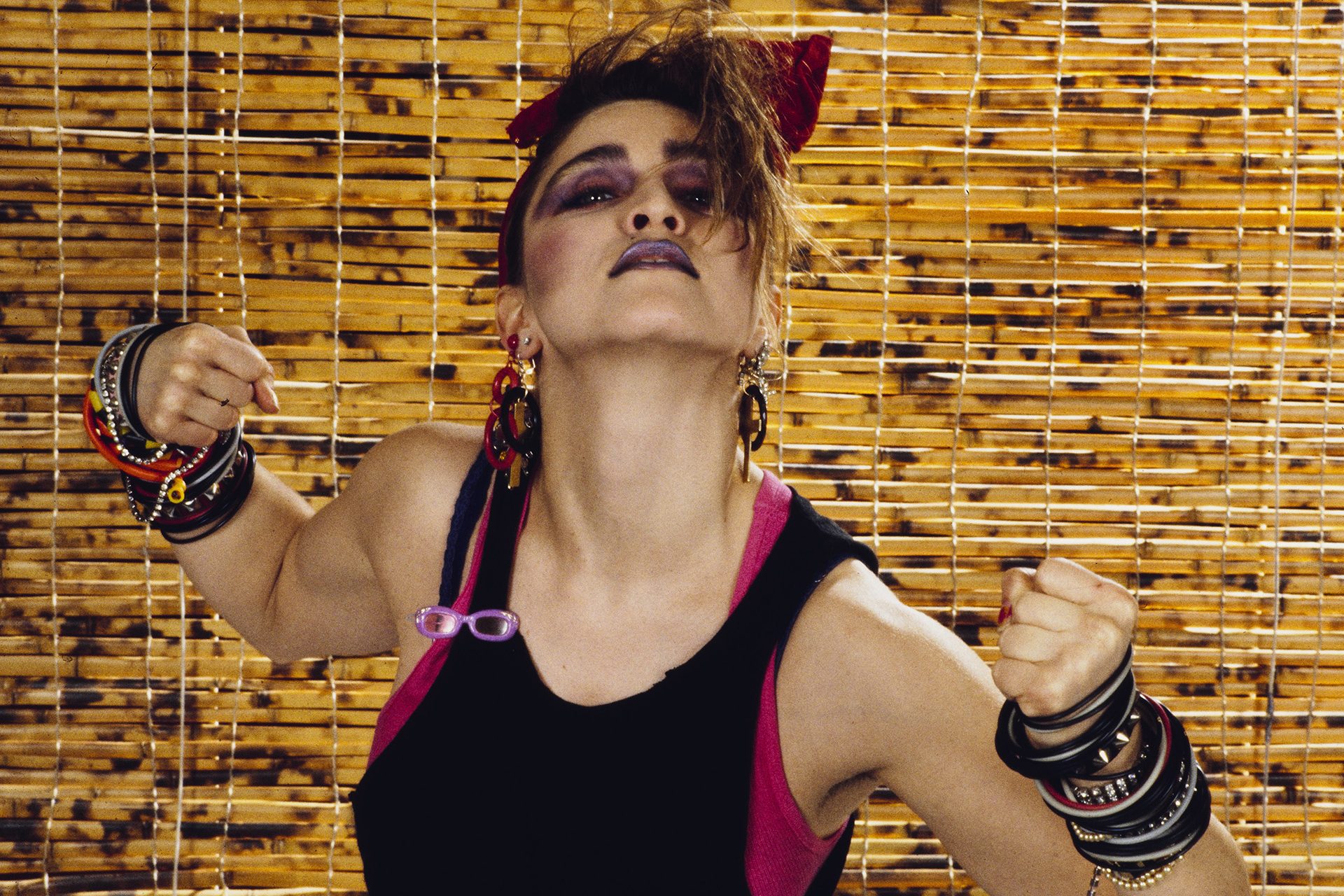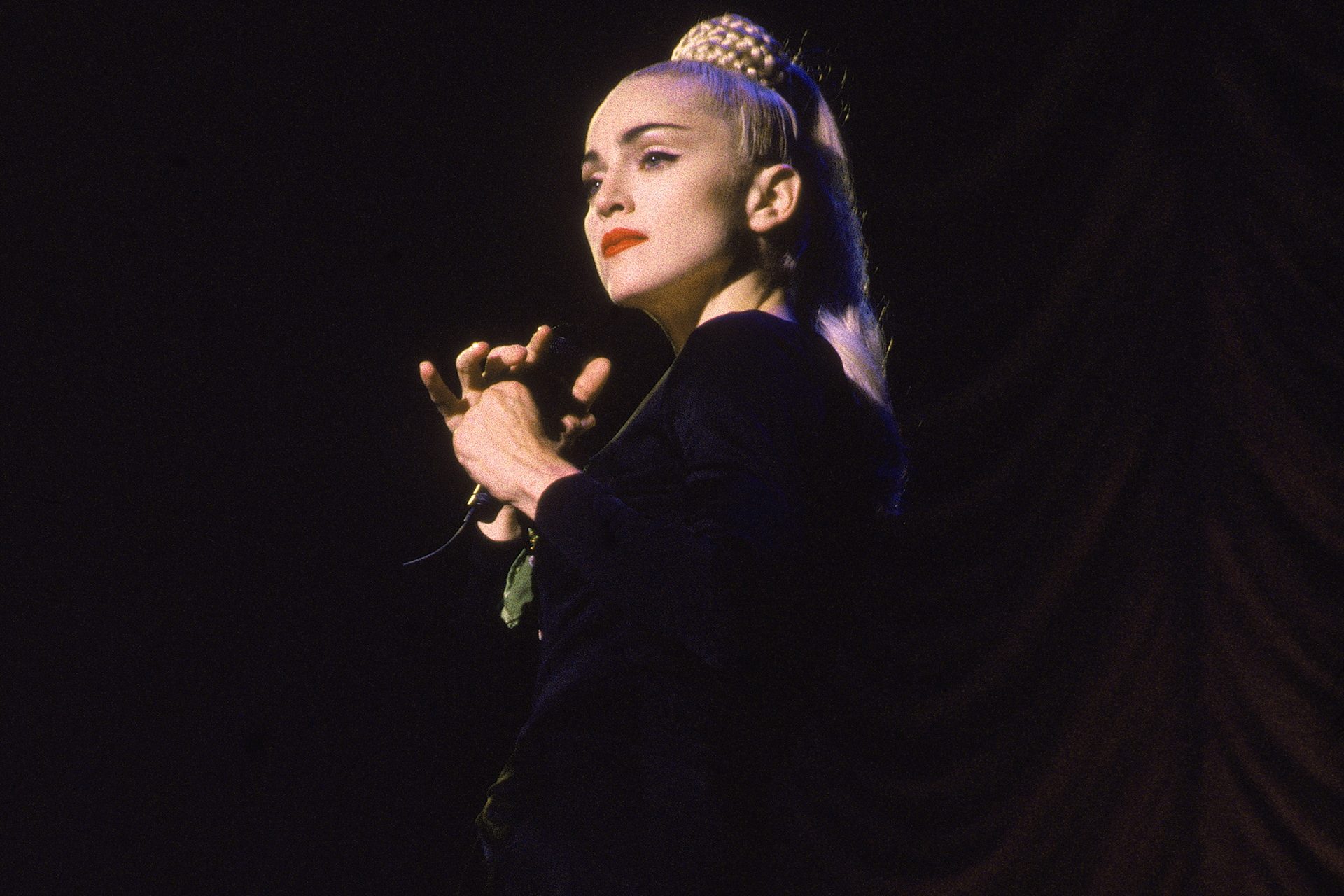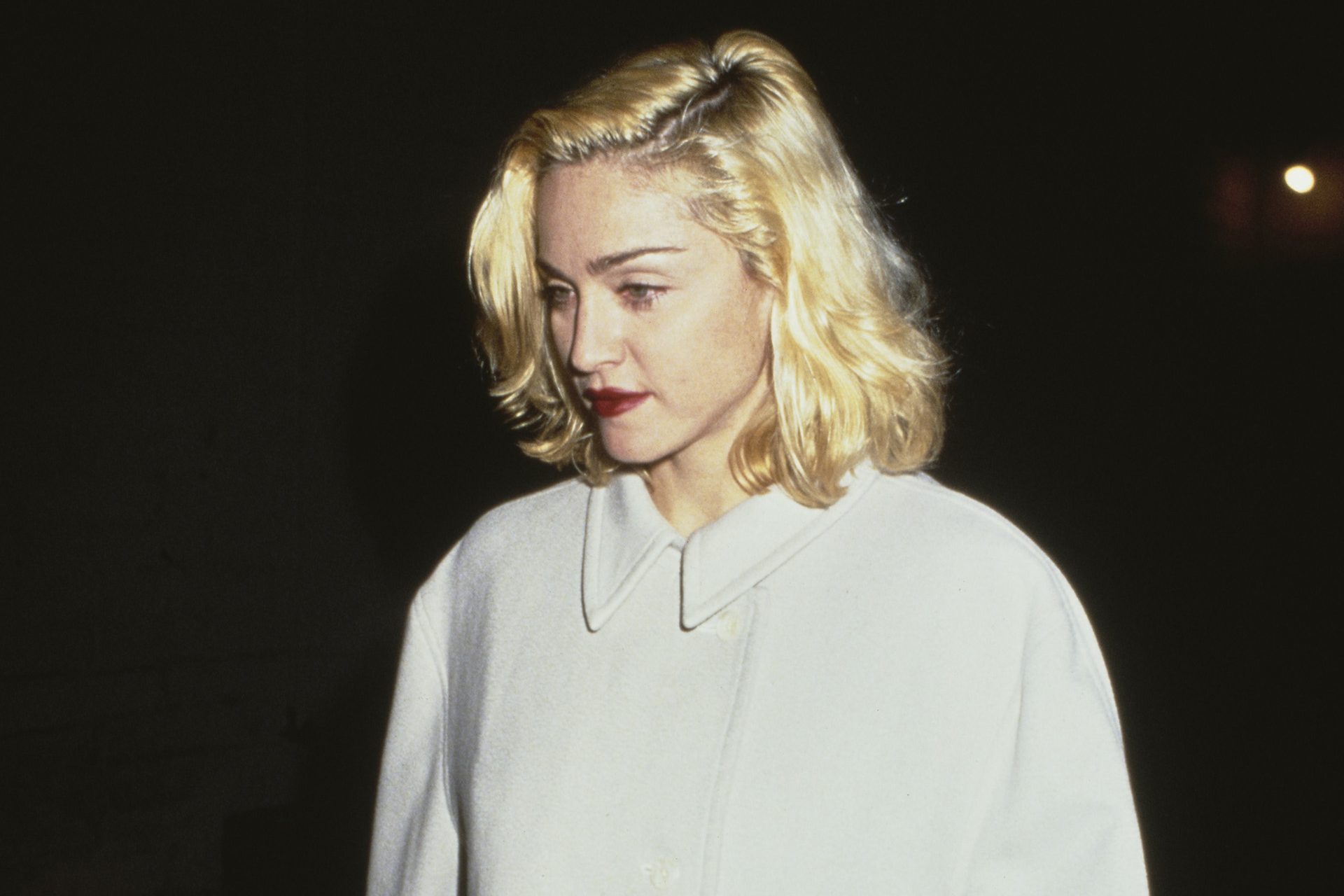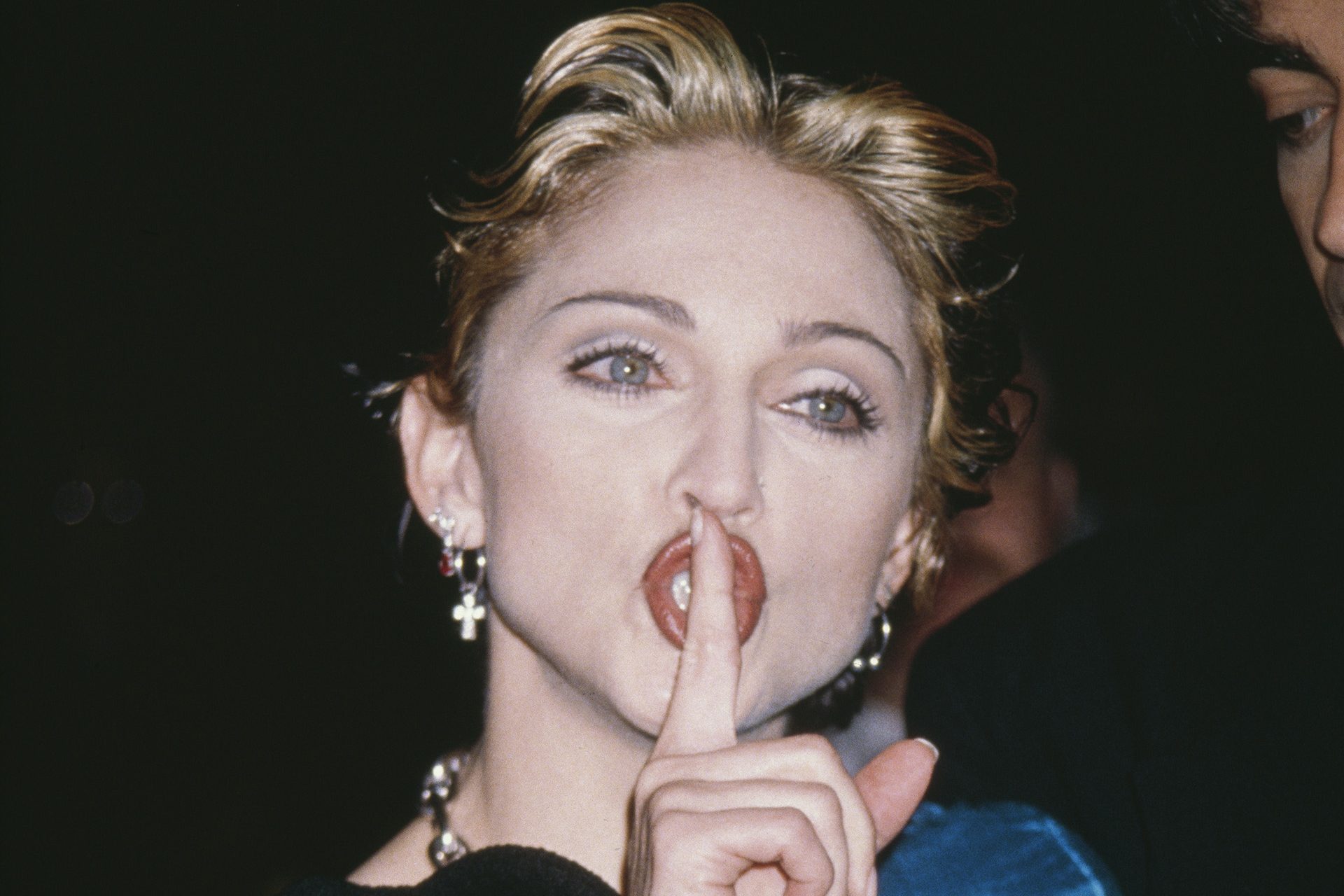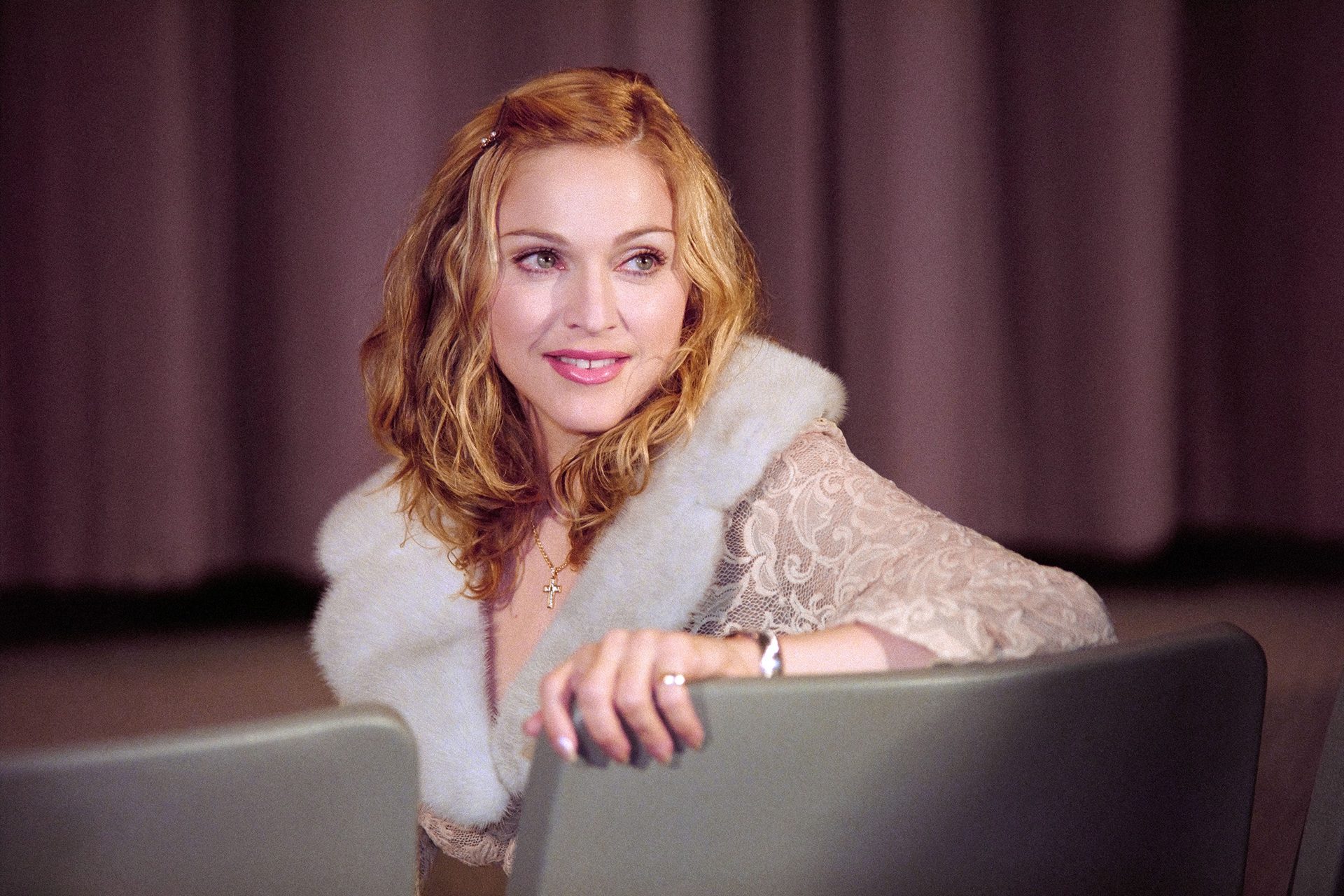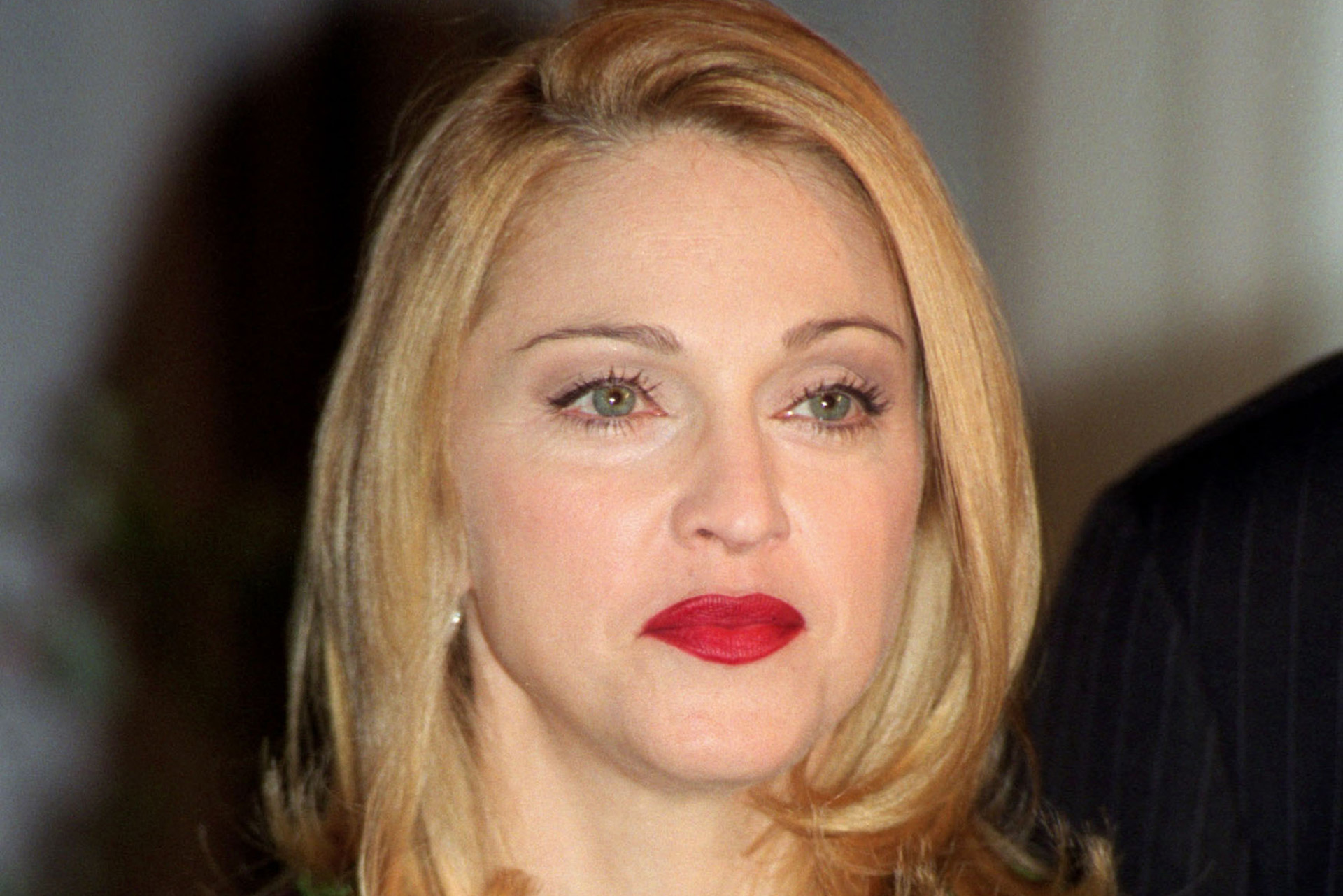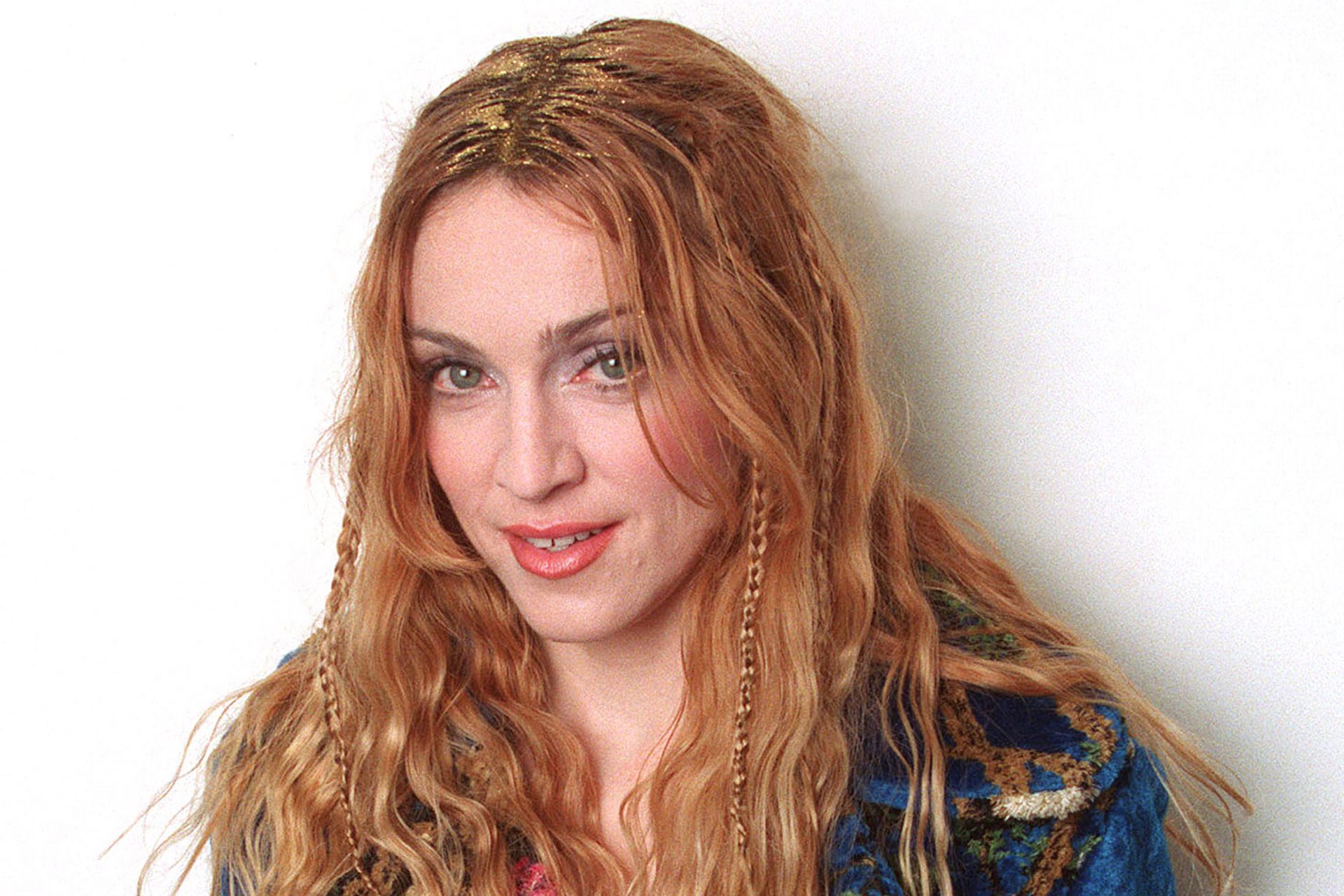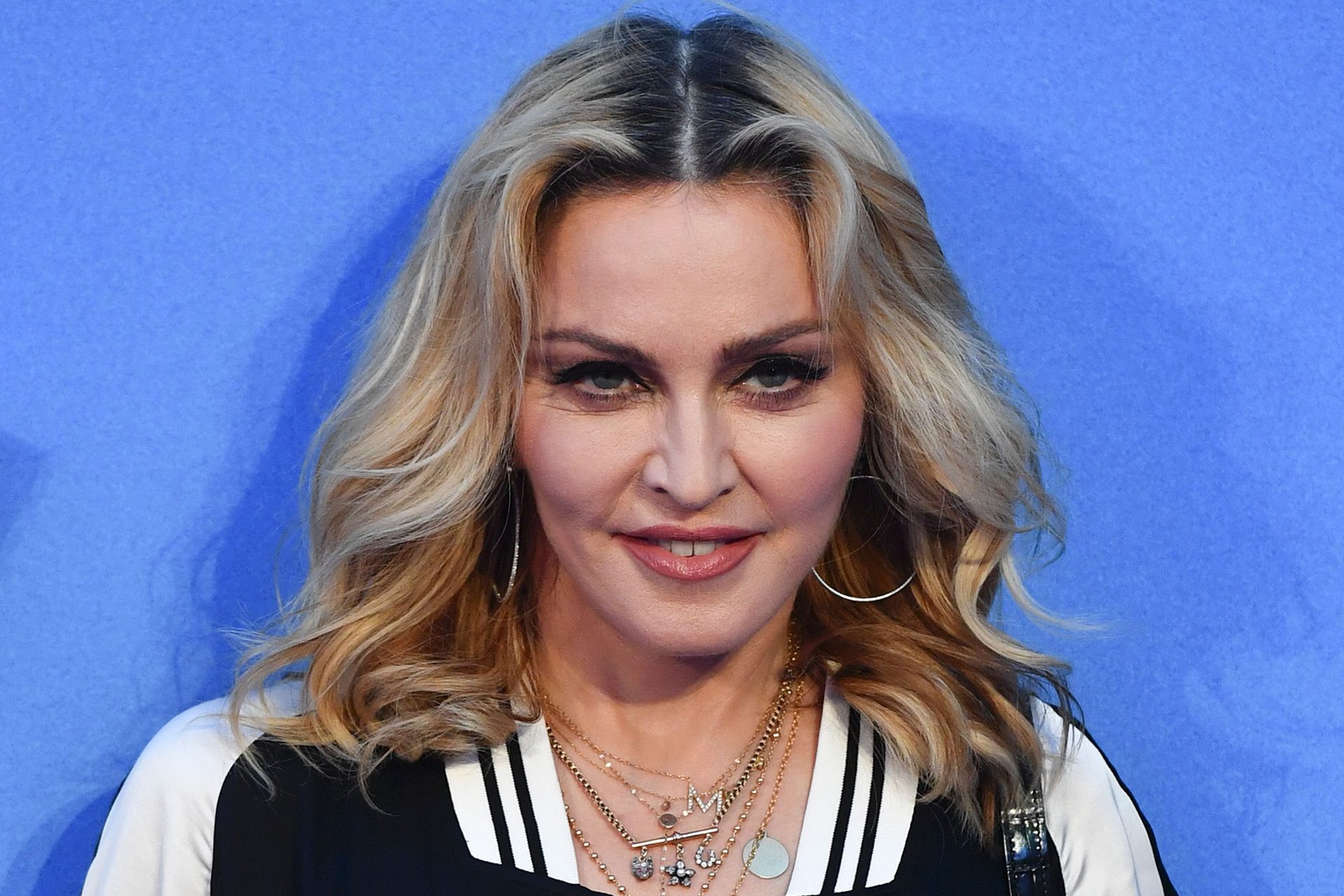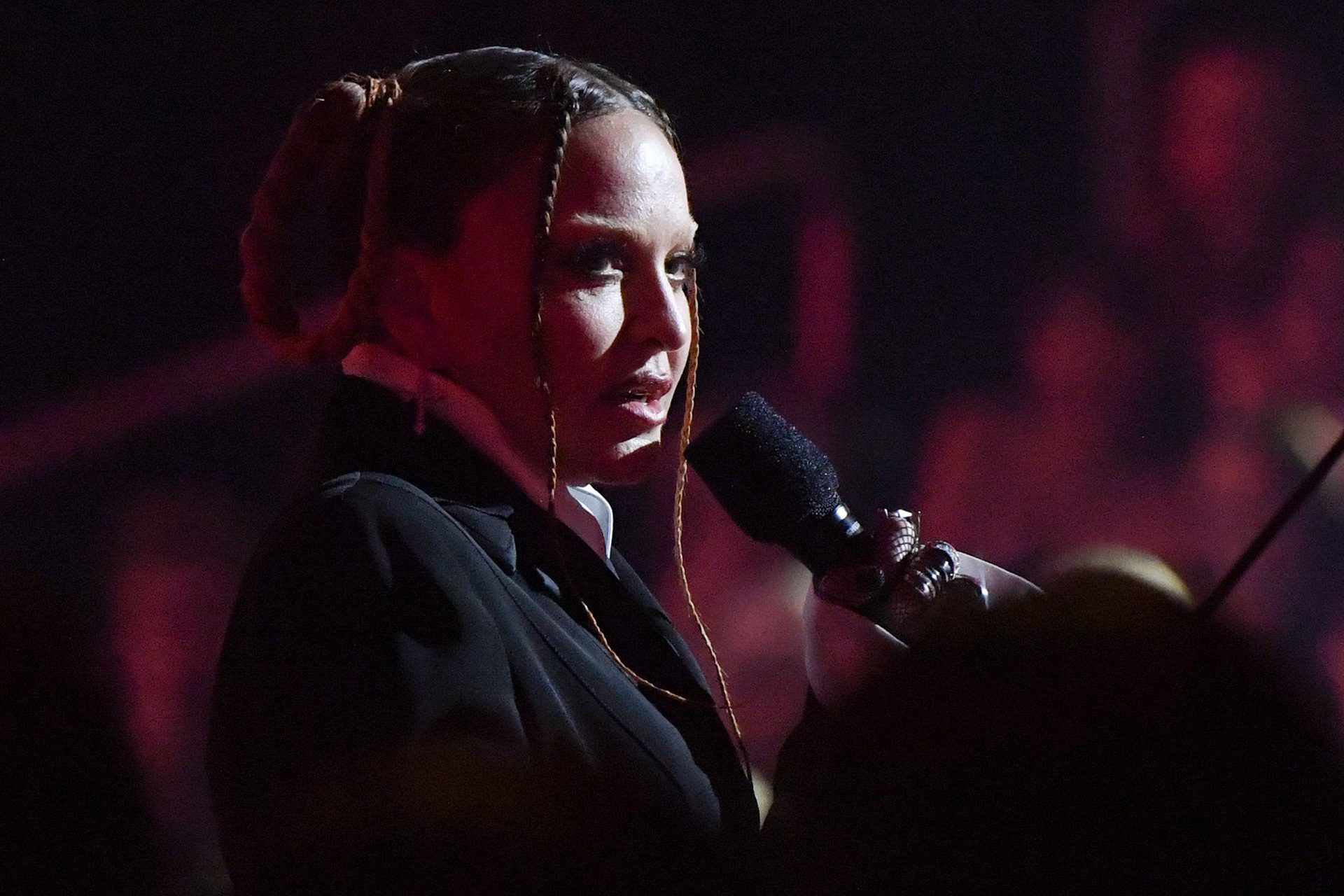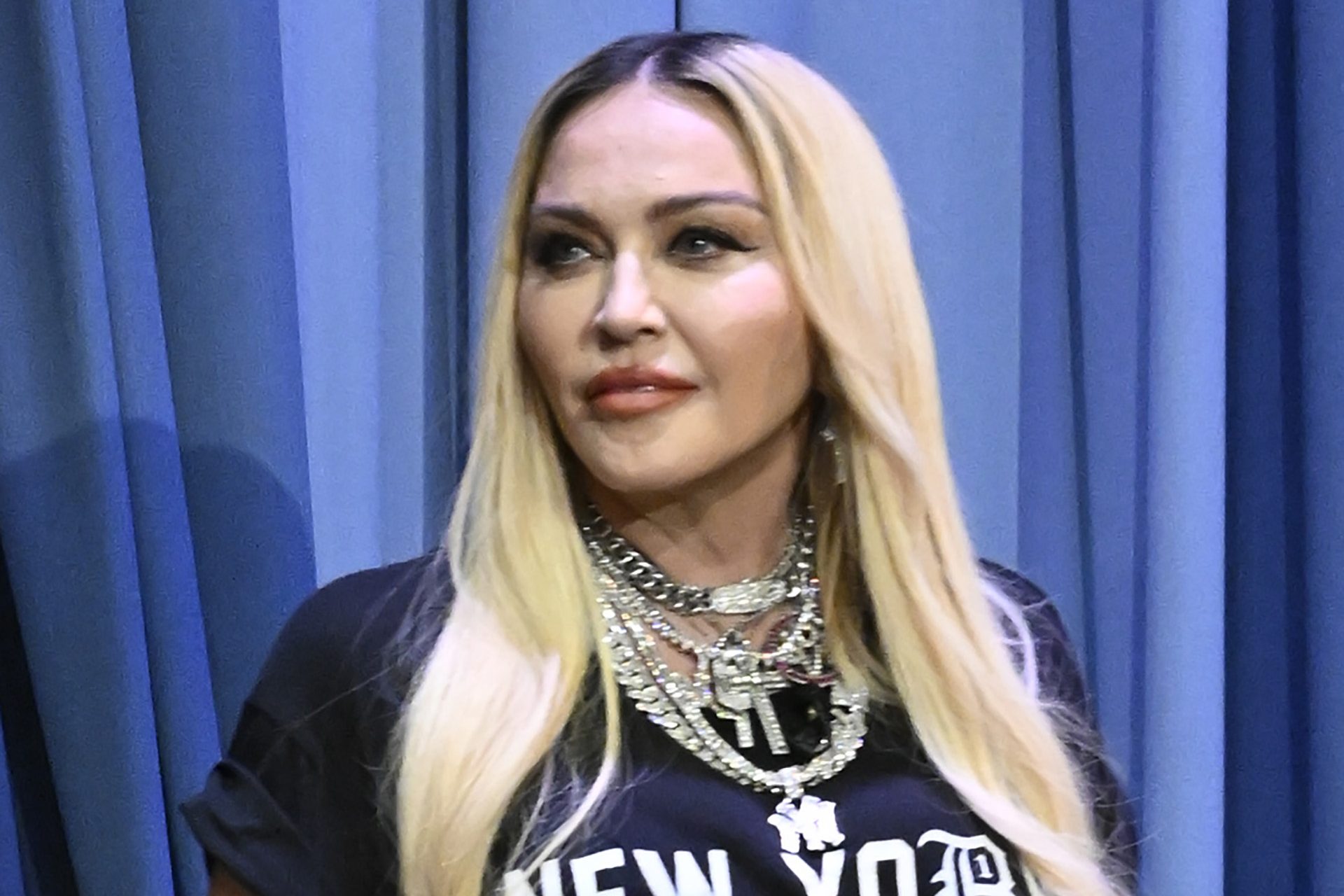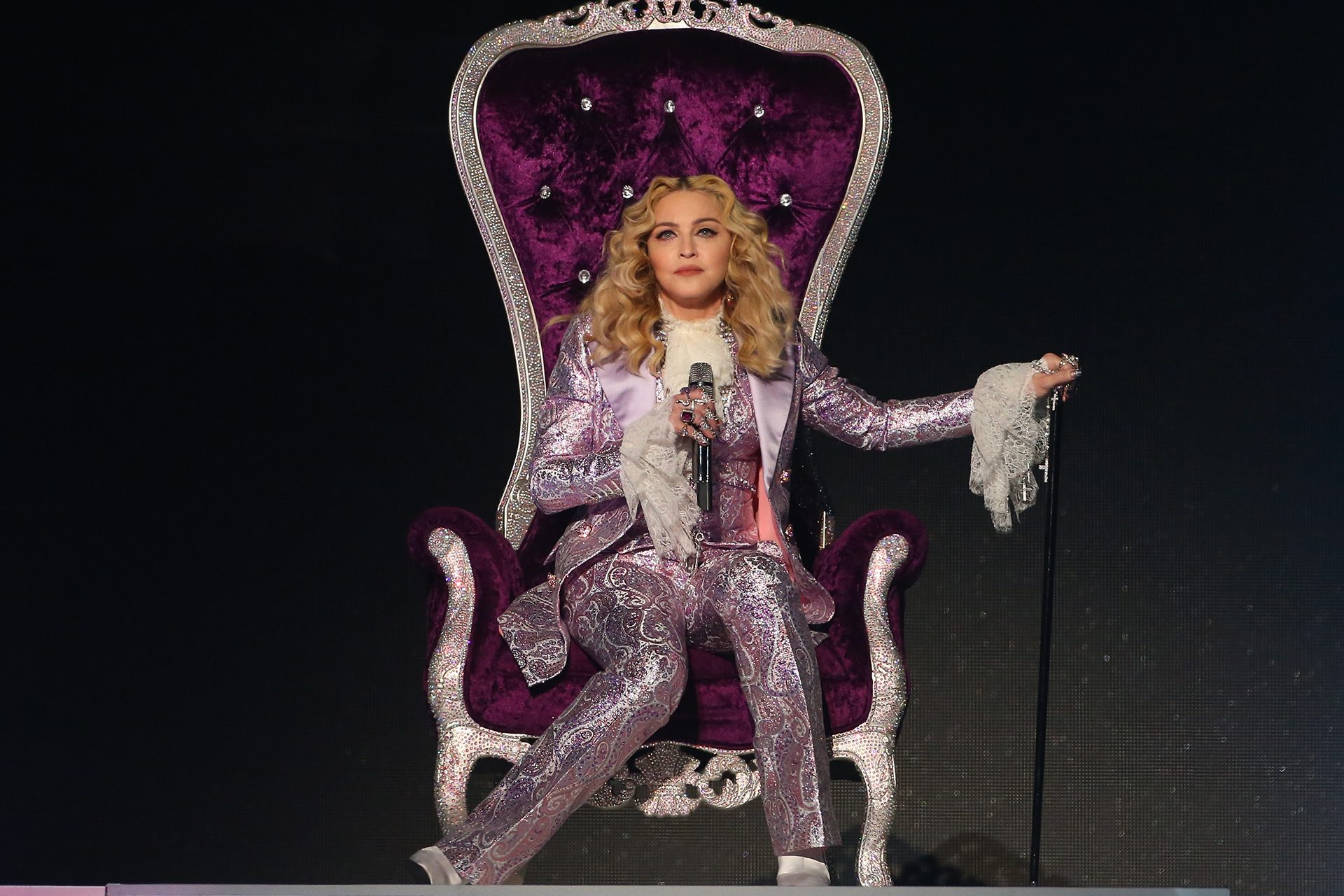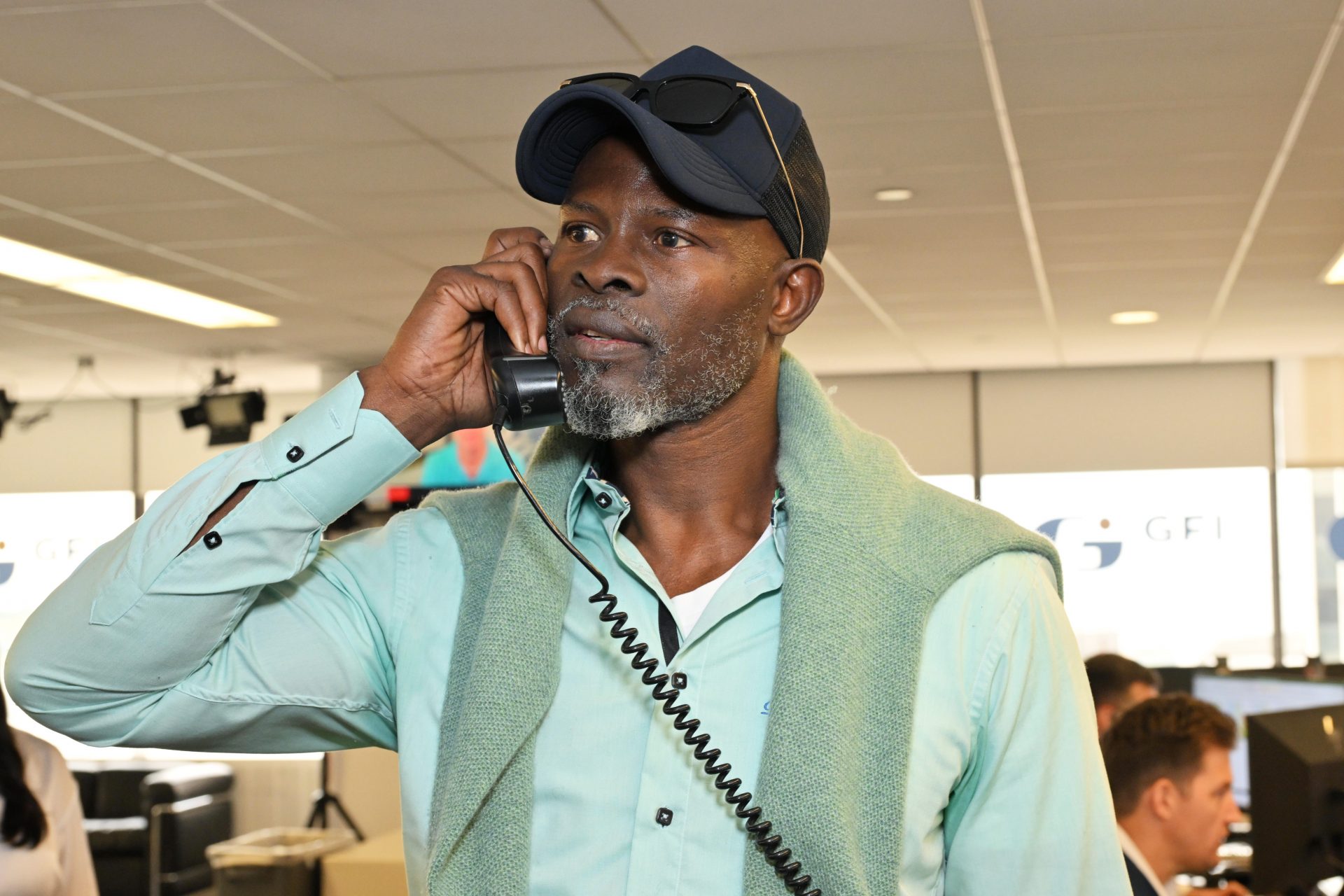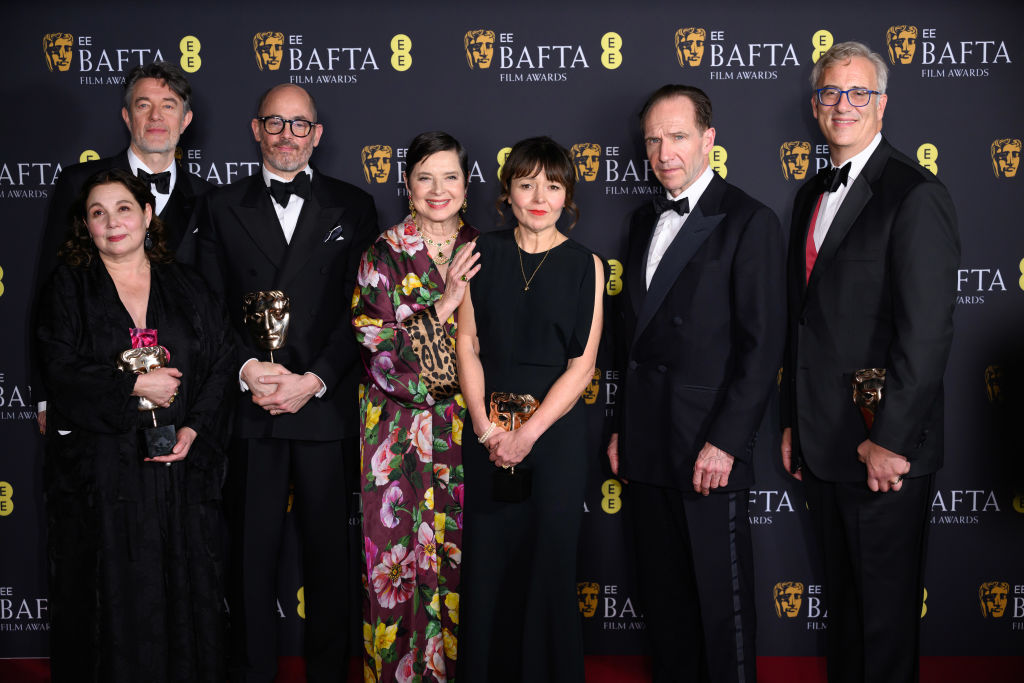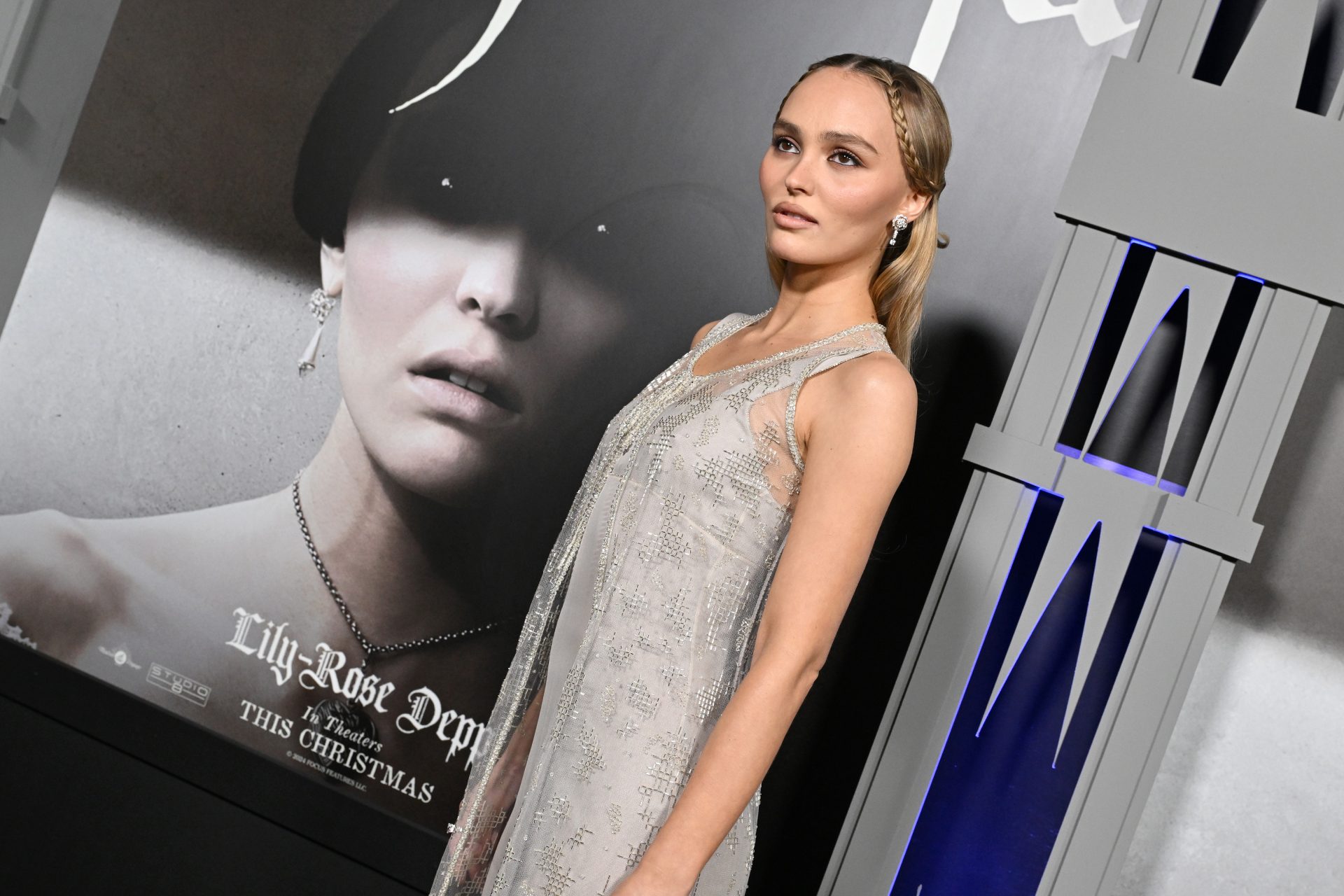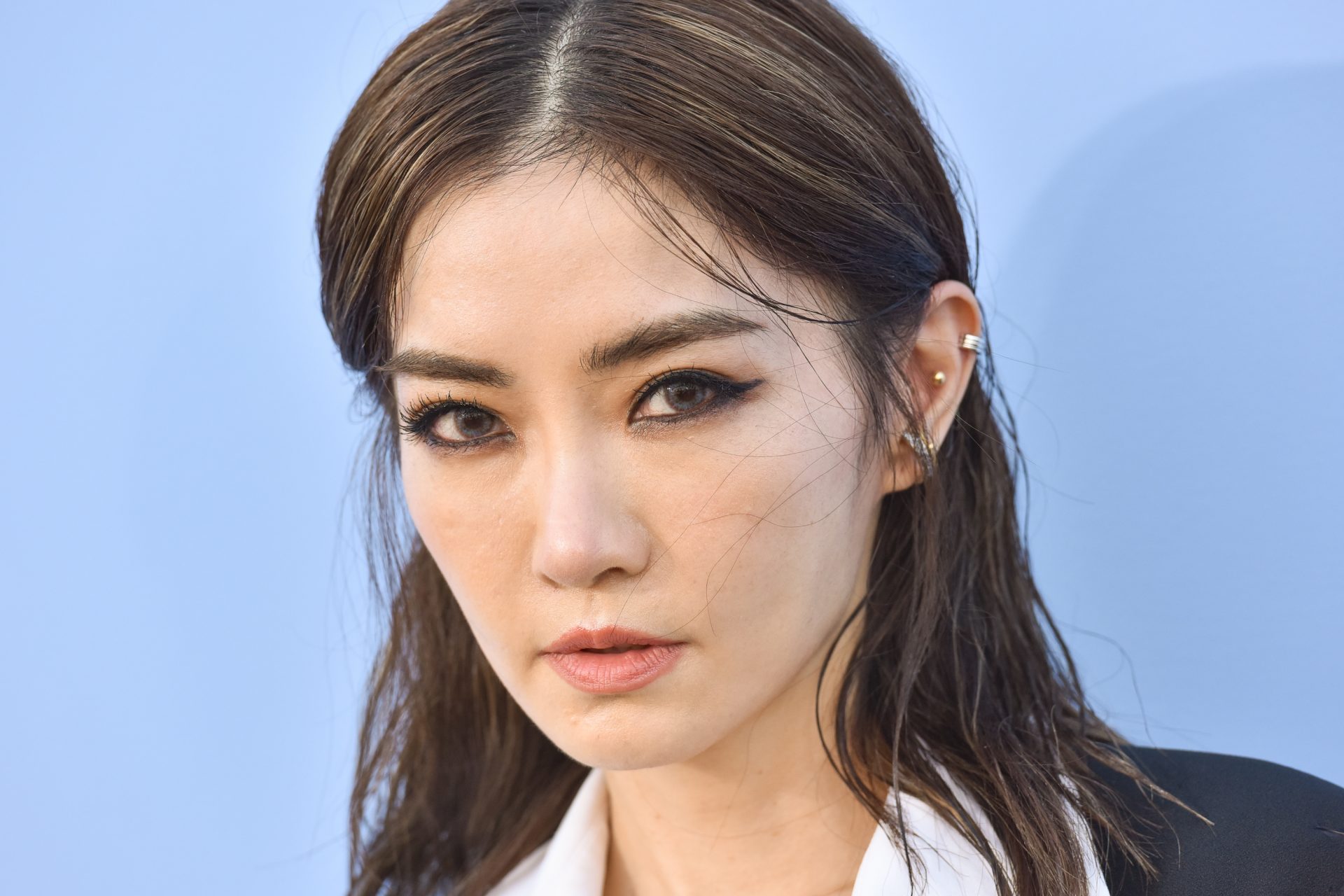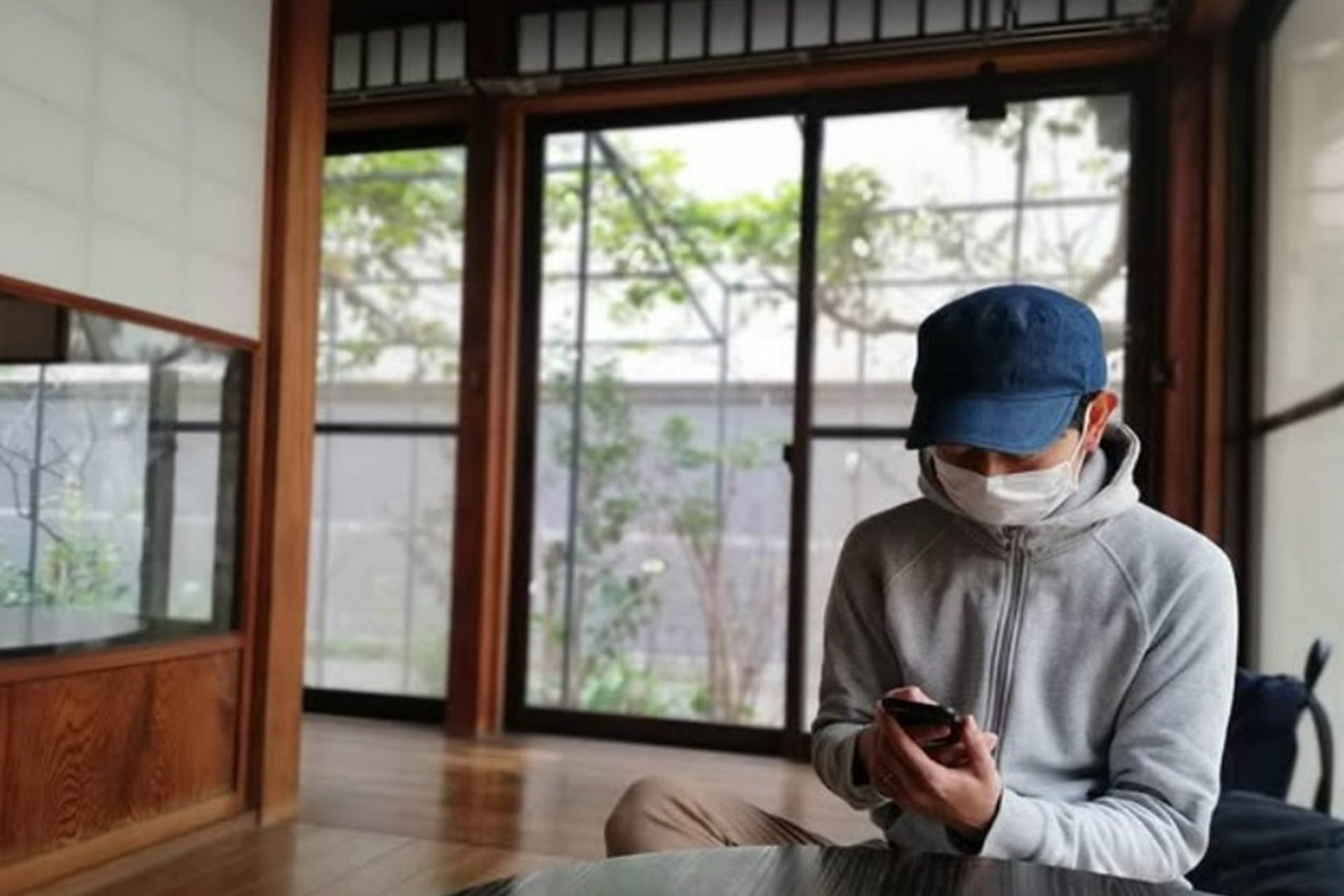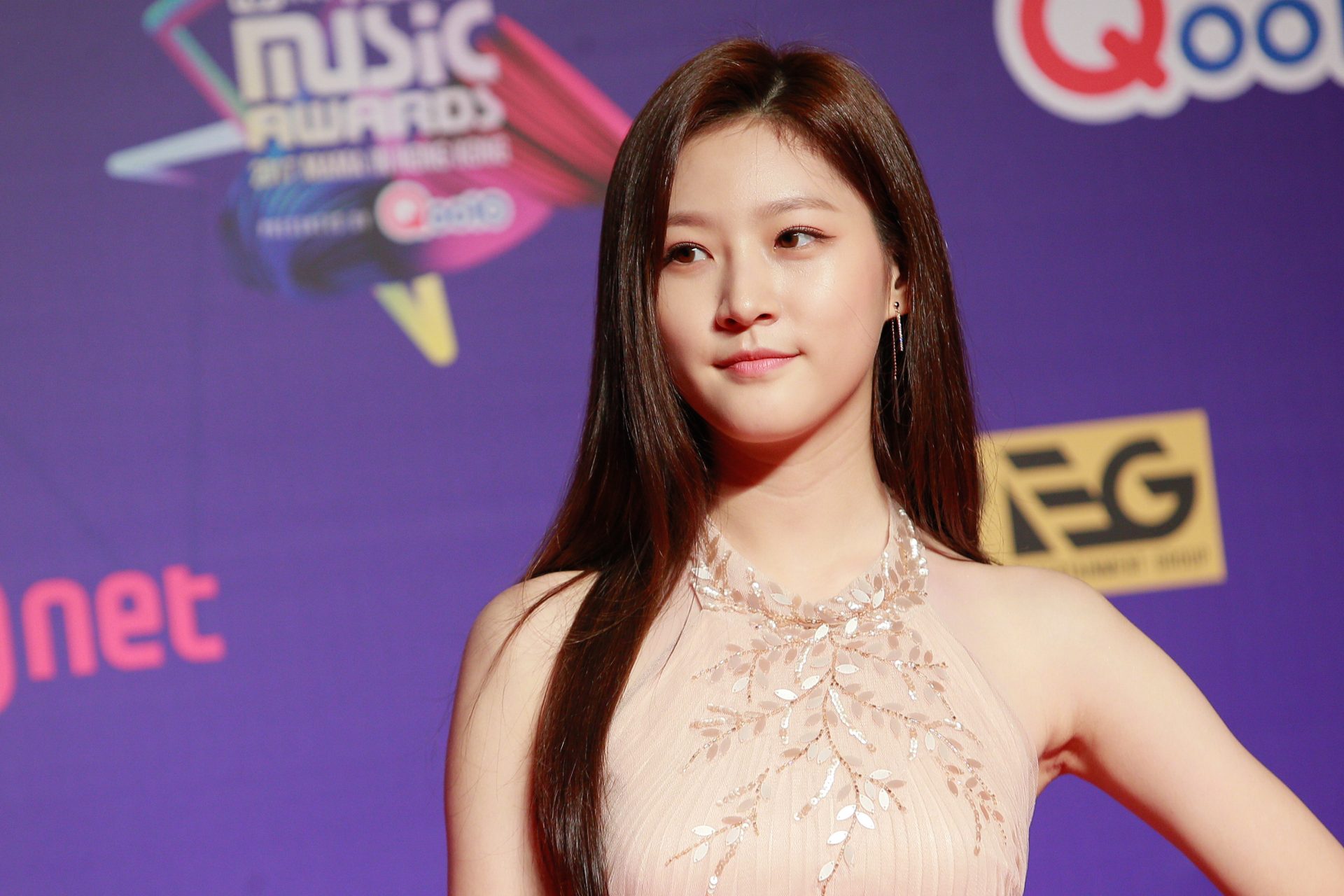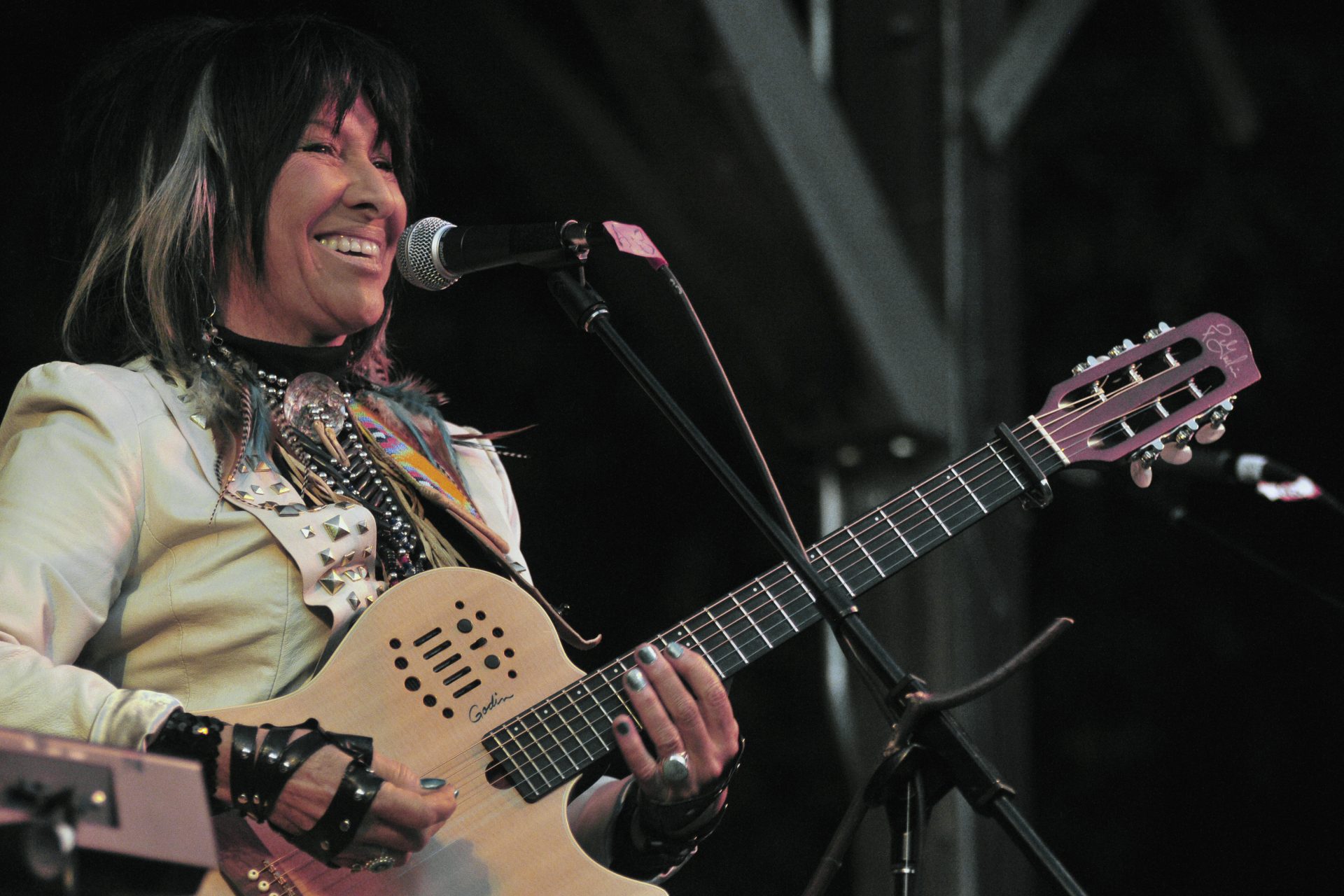After 3 decades, a censored Madonna ad comes to light
Madonna has fully earned her title as the 'Queen of Pop.' Yet, over the course of her career and life, she has also sparked some controversy and sowed discord within different kinds of communities.
One of the most obvious cases was her notoriety among the 'pro-life' (anti-abortion) movement and in the upper echelons of the Catholic Church with her song 'Papa Don't Preach' in 1986. The lyrics talked about her pregnancy and the question of whether she'd be "keeping my baby" or not.
Pope John Paul II excommunicated her a year later (he would do it again twice), and even MTV and other music networks censored her for the explicitness of her music videos.
Image: still from 'Like a Prayer'
And then there's this case: a Pepsi commercial in which Madonna presented her super-hit 'Like a Prayer' to the world. It never got that far, though, because it was censored.
Photo: Pepsi
In 1989, the soft drink brand contracted the singer to appear in a commercial called 'Make a Wish.' It would feature her new song 'Like a Prayer'. The soda brand had already used this strategy with Michael Jackson and Whitney Houston.
The ad itself was not controversial, as it simply showed the artist sitting in an armchair recalling her memories. The problem was with the song chosen and the music video with which that song was presented to the world.
The official music video for 'Like a Prayer' showed burning crosses and spicy scenes inside a church between Madonna and an African-American saint. The saint appears to come back to life after being kissed by Madonna. It all happens with overt Christian symbolism and even a gospel choir in the background.
However, the video's content went well beyond that. It was an indictment against racism by showing how, after a group of white men attacked a woman, the police arrested the person who had tried to help her: an African-American man.
The Pepsi commercial first aired during the break of 'The Cosby Show.' The next day, MTV aired the music video. And then, the controversy arose...
Many Christian associations in the United States strongly complained about the choice of Madonna and this particular song for the Pepsi commercial. They joined forces to obtain a veto and managed to get the ad blocked.
The Vatican itself condemned the video for its "blasphemous content" and called on the Catholic community around the world to boycott the artist by not consuming her music or "anything related to her."
Ultimately, the soft drink brand decided not to air the spot and severed its business relationship with Madonna. It did have to pay her the $5 million for which it had hired her, the Daily Mail reported.
Madonna not only pocketed millions of dollars from this affair, but she also got extra visibility for her new music. For starters, 250 million people around the world saw the ad in the news because of its controversy. And subsequently, they wanted to know what all the fuss around the music video was about.
34 years later, censorship has ended for the controversial ad. It was finally re-aired at MTV's Video Music Awards gala in New Jersey on September 12, 2023.
Madonna herself was unable to attend the gala, but she took to write an Instagram post to thank the brand for taking the ad out of the closet: "Thank you @pepsi for finally realizing the genius of our collaboration. Artists are here to disturb the peace."
She also recalled: "The commercial was immediately canceled when I refused to change any scenes in the video where I was kissing a black saint or burning crosses. So began my illustrious career as an artist refusing to compromise my artistic integrity."
Over time, the controversial track became a top-selling single. Its album of the same title sold over 15 million copies worldwide and was featured by magazines such as Rolling Stone, which called it "as close to art as pop music gets."
Today, Madonna can boast about defeating the censors of the time, who only managed to veto a single ad while having to watch her career skyrocket to the status of 'Queen of Pop.'

